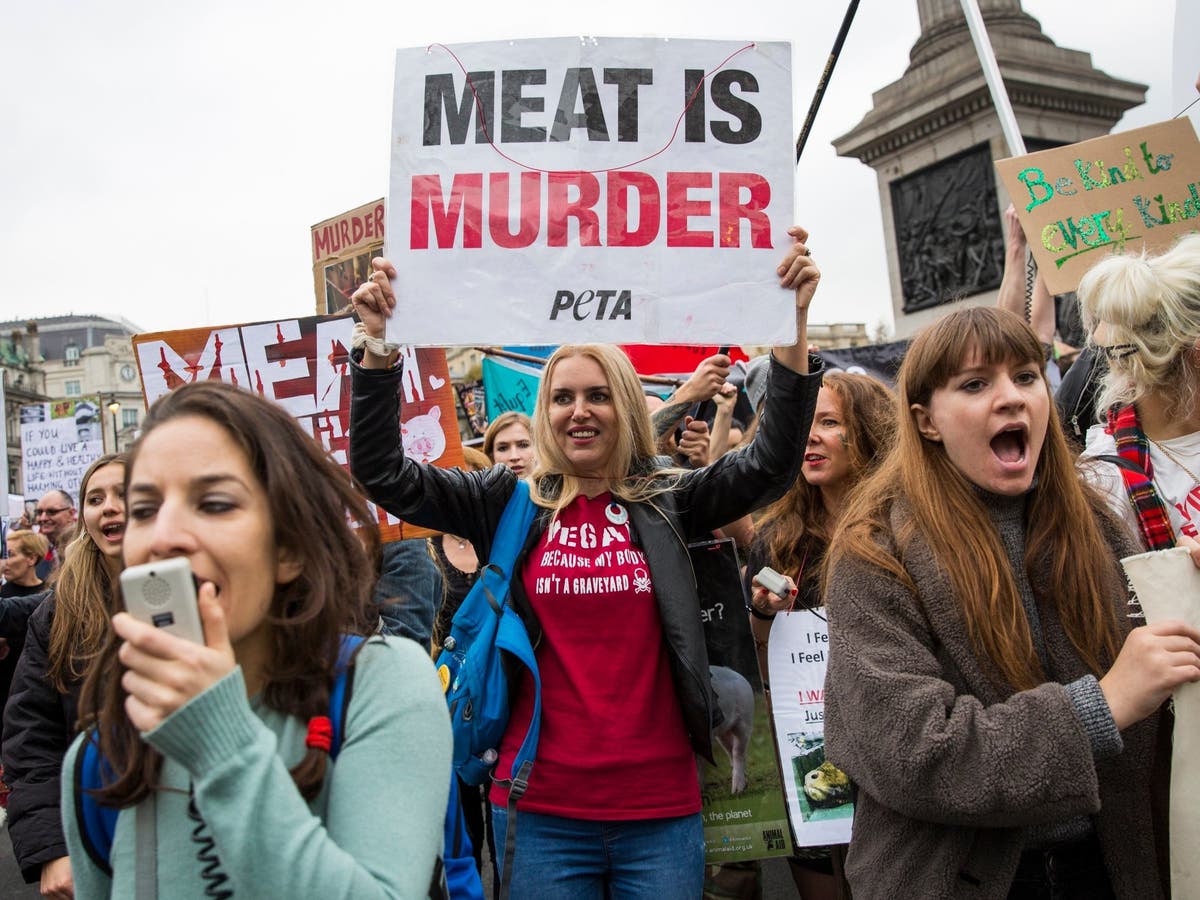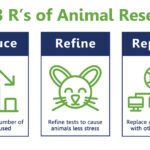In modern society, dietary preferences have become a battleground of ideologies. Vegetarians and meat-eaters often find themselves on opposing sides of a culinary divide—each camp armed with passionate arguments about ethics, health, and environmental impact. While many discussions around vegetarianism tend to adopt a confrontational stance, a more enriching approach is available. This article will explore how to craft a respectful discourse that allows meat-eaters to voice their perspectives while fostering understanding. The aim is not to invalidate vegetarianism, but rather to illuminate the complexities of dietary choices and the reasons some individuals continue to consume meat.
Understanding the Ethical Dimensions
It may be amusing to consider: why do some people cling so strongly to their meaty meals in a world increasingly enamored with pulses and greens? The ethical implications surrounding meat consumption invoke deep-seated beliefs about animal rights, environmental sustainability, and cultural traditions. Rather than outright dismissal of these perspectives, it’s vital to consider how one’s values inform dietary choices. Many meat-eaters are deeply concerned about animal welfare but may choose to consume meat sourced from humane farms or sustainable practices. Engaging in dialogue about these ethical considerations can foster a shared space of respect.
The Role of Culture and Tradition
A substantial factor influencing meat consumption is culture. Many communities around the globe have rich culinary traditions that center around animal proteins. For many individuals, these foods are entwined with memory, history, and identity. Proposing that meat-eating is inherently problematic can feel like an assault on these traditions. Instead of critiquing the practice, one might explore how traditional methods of animal husbandry could be preserved in a way that respects both animal life and cultural practices. This approach not only honors tradition but challenges the concept that one must forgo all meat for ethical reasons.
The Health Argument
The health benefits of a vegetarian diet are frequently highlighted, yet the nutritional needs of individuals vary significantly. Some people may thrive on a vegetarian diet, while others might struggle without the essential nutrients found in meat, particularly vitamin B12, iron, and omega-3 fatty acids. Acknowledging that nutrition is not a one-size-fits-all narrative allows meat-eaters to argue that their dietary choices are made with health considerations in mind. A respectful dialogue can encourage discussions about balanced diets, exploring how meat can fit into a health-conscious lifestyle.
Environmental Considerations
Environmental concerns linked to meat production often dominate the discourse around vegetarianism. Indeed, livestock farming contributes to greenhouse gas emissions, land degradation, and water consumption. Nonetheless, it’s crucial to approach these issues with nuance, recognizing that not all meat production is equal. Grass-fed beef, for instance, can be a sustainable choice when practices prioritize ecosystem health and carbon sequestration. This complexity presents an opportunity for respectful conversation rather than polarization. Meat-eaters can highlight sustainable practices in agriculture, advocating for a shift towards more environmentally friendly approaches in meat production.
Engaging with Vegetarians: A Collaborative Approach
How can a meat-eater effectively engage with a vegetarian without triggering defensiveness? The secret lies in communication skills focused on collaboration rather than confrontation. One potential strategy is to listen actively. By demonstrating genuine curiosity about the vegetarian perspective, a meat-eater can establish rapport rather than hostility. Open-ended questions can lead deep into the heart of why the other party has chosen their dietary path—allowing for mutual exploration rather than debate.
Common Misconceptions and Stereotypes
Meat-eating is often accompanied by stereotypes about the individuals who partake. They may be perceived as ignorant or lacking compassion, which can alienate those who consume meat for thoughtful reasons. By dispelling myths around meat-eaters, this opens pathways toward constructive discussions. Perhaps a more effective approach involves reframing stereotypes through personal stories about the emotional connections people have with their food, thus humanizing the dietary choice.
The Power of Compromise
One profound solution lies in the potential for compromise. Embracing a more flexible dietary approach—such as reducetarianism—can appeal to those who are not ready to fully abandon meat yet feel an obligation toward more sustainable choices. This discussion opens avenues for meat-eaters to align with numerous ethical goals while still incorporating their dietary preferences. Respectful dialogue may inspire individuals toward the common goal of reducing overall meat consumption while acknowledging their existing choices.
Conclusion: Respectful Discourse is Key
Ultimately, the challenge posed by differing dietary beliefs can ignite fiery debates that detract from mutual understanding. However, equipping oneself with the tools for respectful engagement can transform contentious encounters into avenues for educational exchanges. By honoring the complexity behind meat consumption and recognizing the diversity of personal choice, individuals can find common ground. Rather than forcefully advocating for or against vegetarianism, we foster an environment conducive to thoughtful dialogue. This harmonious approach may not only enrich personal connections but could also facilitate broader changes toward sustainable practices in both vegetarianism and meat-eating alike.






